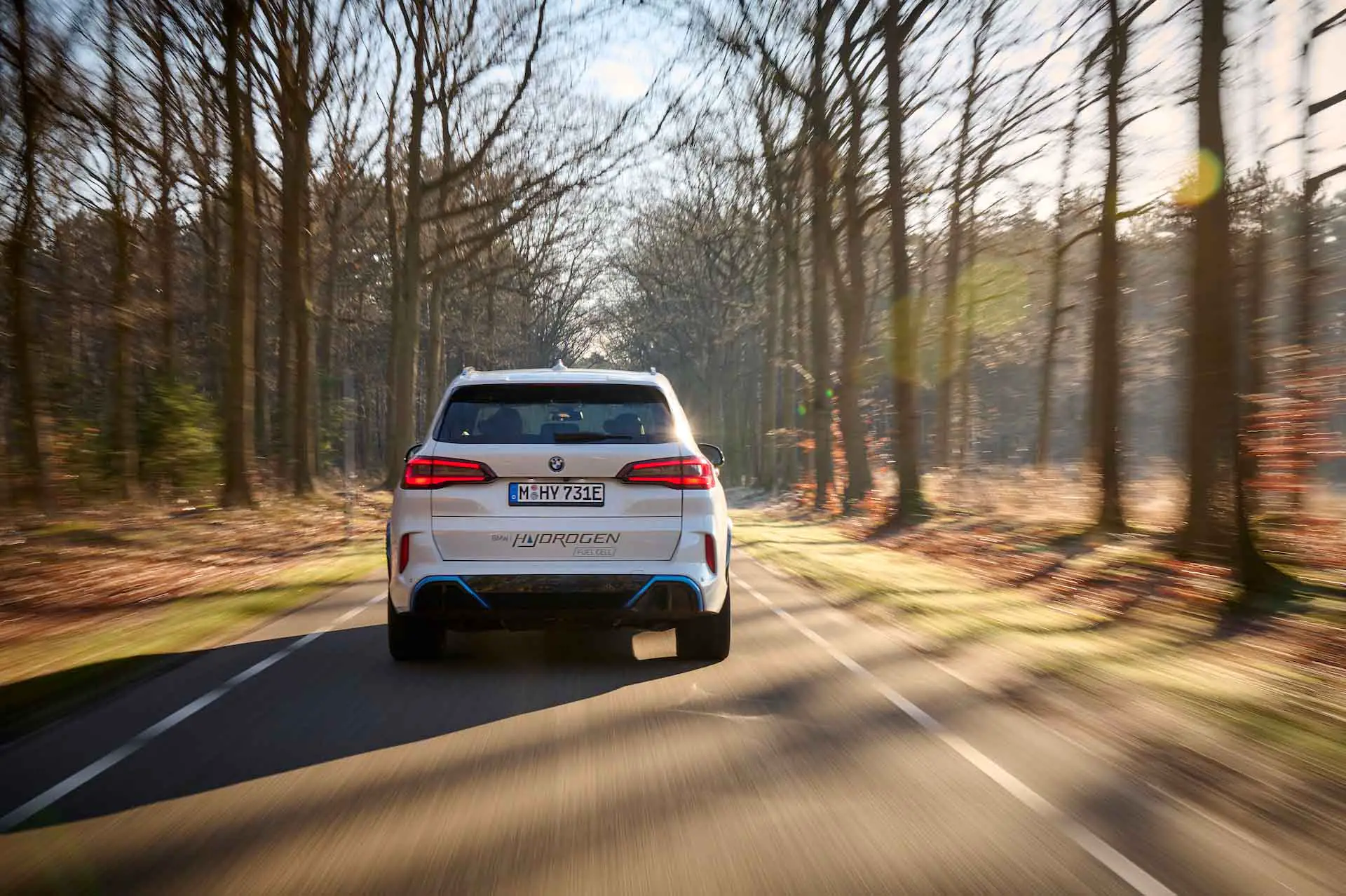Deal with Germany: new cars with combustion engine allowed even after 2035
European Union and Germany
The European Union and Germany have come to a decision: from 2035 the sale of new cars with internal combustion engines will still be allowed, but the cars must run on a fuel that is CO2 neutral. The EU would rather see conventional internal combustion engines disappear altogether. Germany initially too, it turned out in October 2022, but the automobile superpower Germany put a stop to that after a few nights’ sleep.
The German auto industry considers a future for the internal combustion engine extremely important in order to protect the many German engine component manufacturers. German Minister Wissing also felt that more clarity was needed on the future of synthetic fuels, which arecarbon-neutral. The original bill already stated that these e-fuels would continue to be allowed, but Wissing felt it was not yet clear enough.
Timmermans reaches deal
Frans Timmermans, Executive Vice-President for the European Green Deal, now says a deal has been reached with Germany: “We have reached an agreement with Germany on the future use of e-fuels in cars. We will now work to get the regulation on CO2 standards for cars adopted as soon as possible, and the Commission will soon take the necessary legal action.”
We have found an agreement with Germany on the future use of efuels in cars.
We will work now on getting the CO2 standards for cars regulation adopted as soon as possible, and the Commission will follow up swiftly with the necessary legal steps to implement recital 11.
– Frans Timmermans (@TimmermansEU) March 25, 2023
E-fuels
The solution has been found in so-called e-fuels, which no longer require oil to make the fuel. These e-fuels are produced synthetically and are considered CO2 neutral. They are mainly made using wind and solar energy. Water can be split into oxygen and hydrogen in this way. Adding CO2 to hydrogen creates e-methanol, e-diesel and e-LPG, among others.
Hydrogen: from gray to green
Feel free to call it a high-profile solution, because this means large-scale hydrogen production. Most hydrogen – about 90 percent – is currently made using natural gas. But in that case, an e-fuel would not be carbon neutral. So we need large plants that can produce hydrogen in a green way.
Hydrogen is very versatile
One thing is certain: the rise of e-fuels has a positive impact on the continued rollout of hydrogen as the energy carrier of the future. Because hydrogen can be used to produce e-fuels, as well as to power a hydrogen-electric car. Hydrogen then reacts with oxygen in a fuel cell, creating electricity. Especially if “white hydrogen” provides a breakthrough, the rise of hydrogen seems unstoppable.
Battery-electric car
The fact that there is now a deal to keep combustion-engine cars does not mean that the development of battery-electric cars will stop. Quite the contrary, in fact. The German auto industry is also betting heavily on BEVs. A concern like Volkswagen Group is even investing billions of euros in BEV technology. The same goes for Mercedes-Benz. BMW is betting on two horses: BEVs and FCEVs. By FCEVs, we mean hydrogen-electric vehicles.

